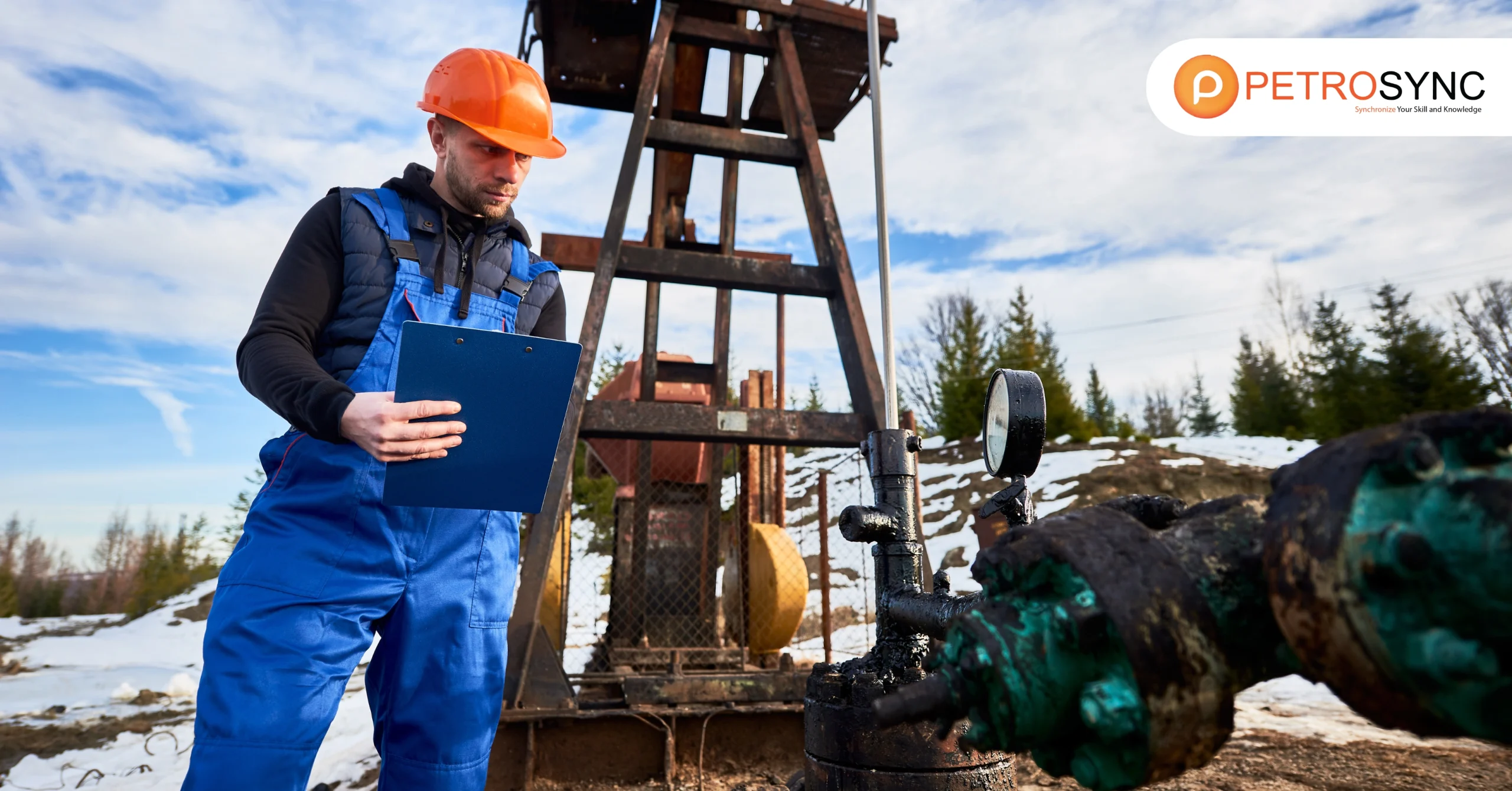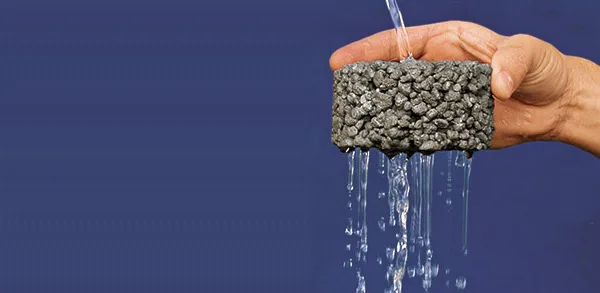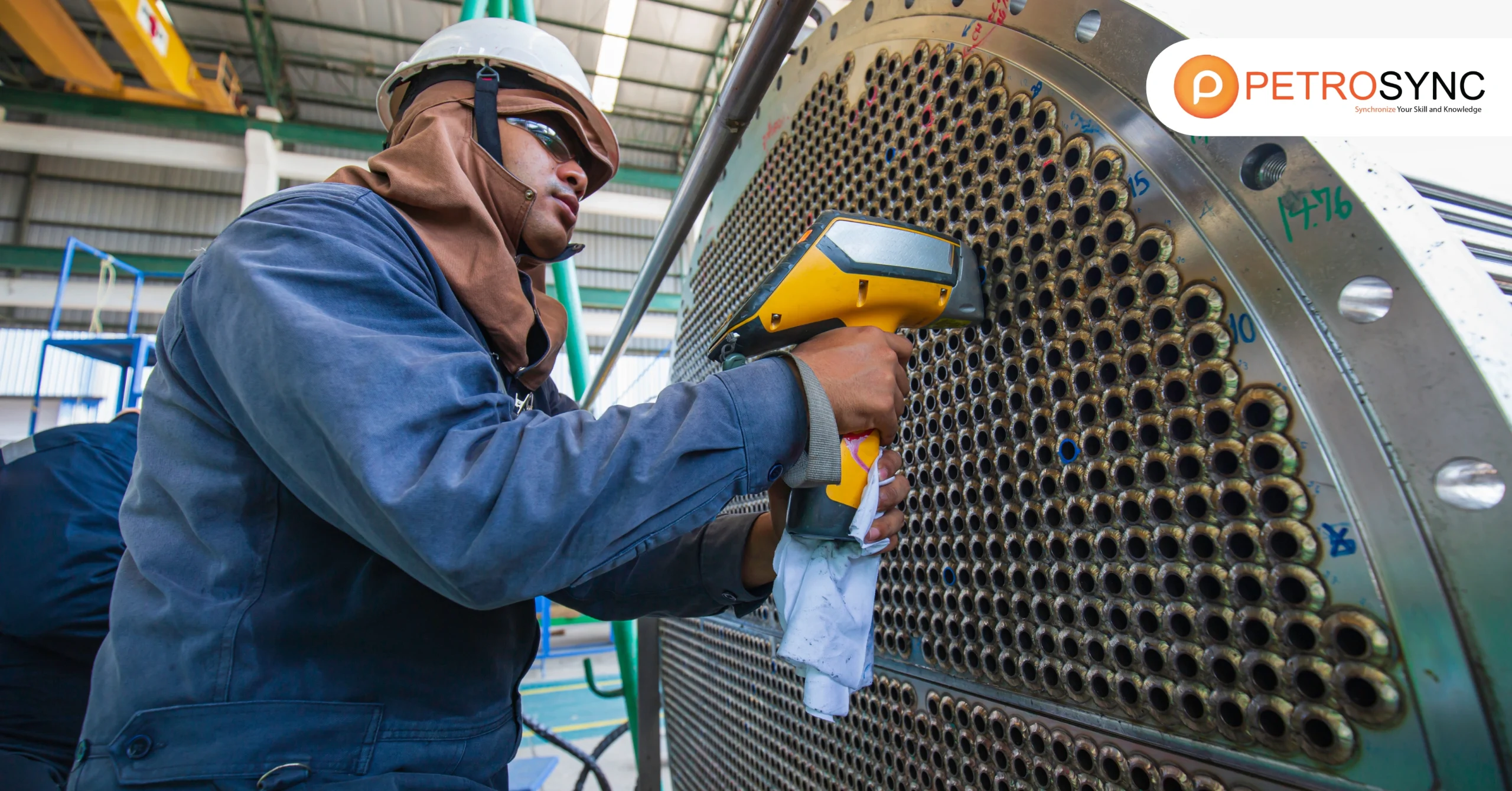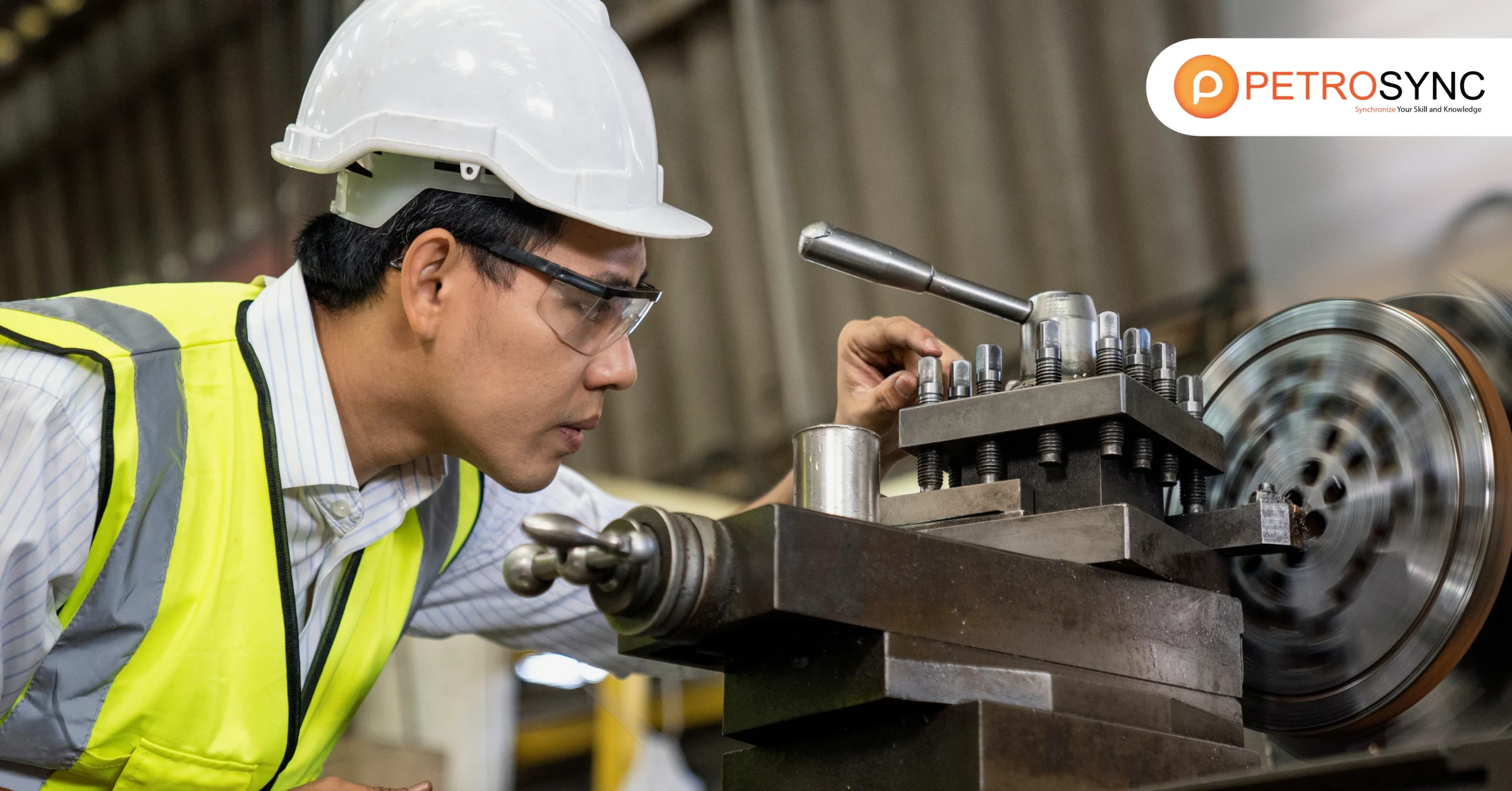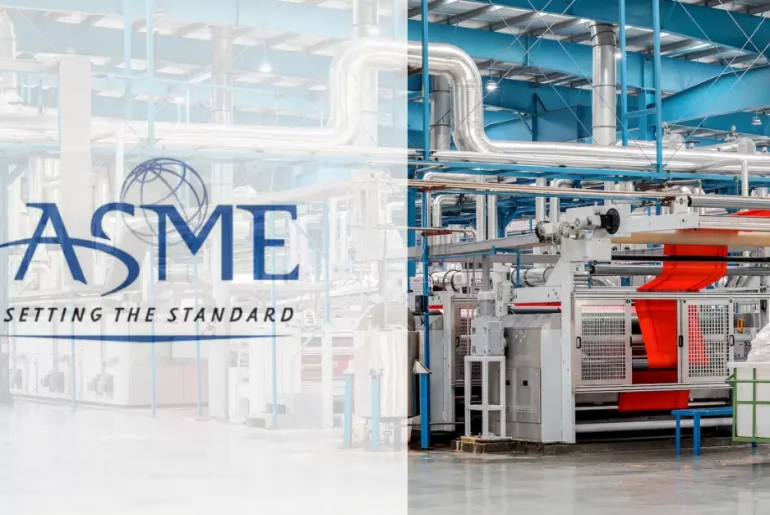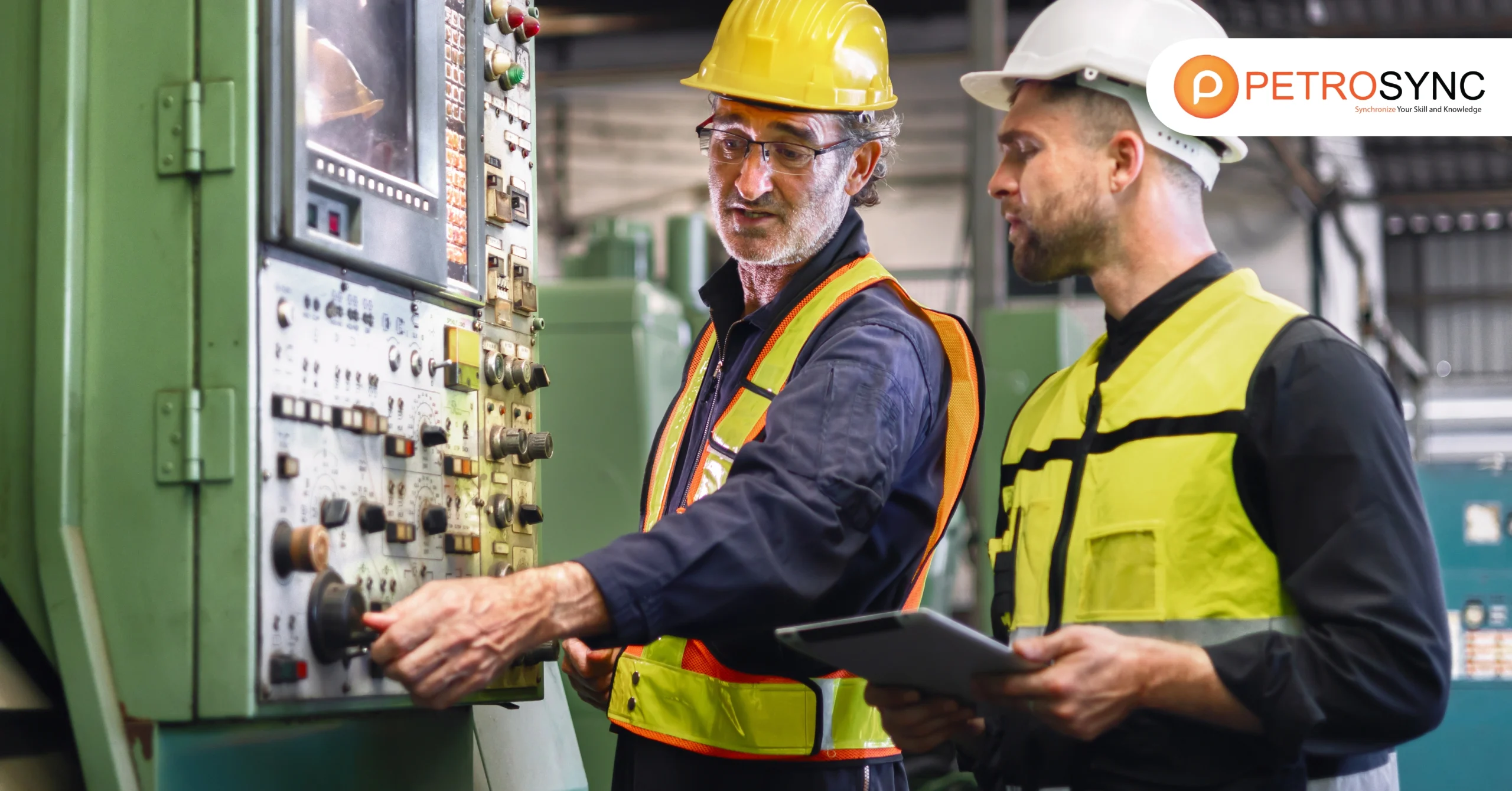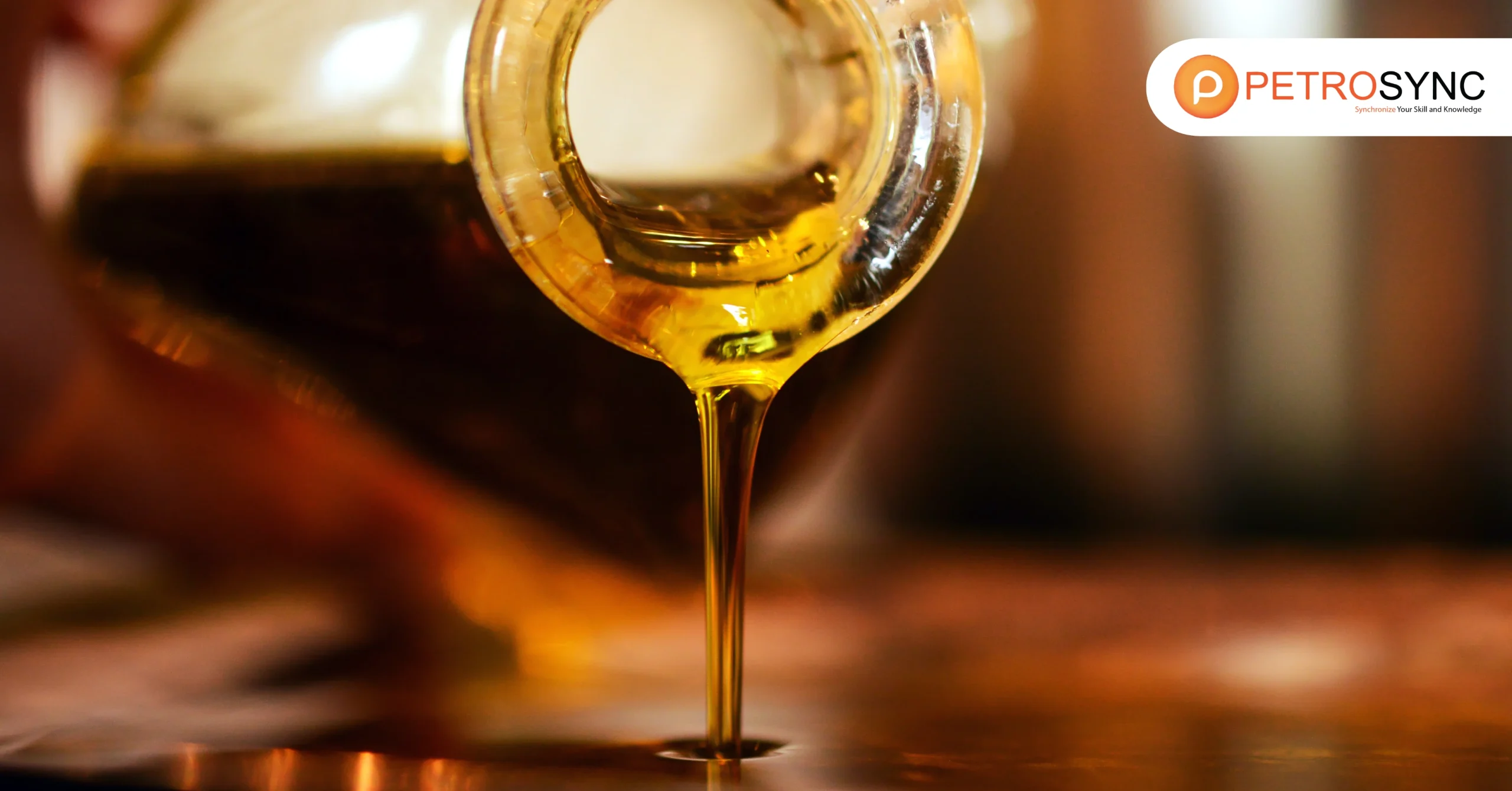Petroleum engineering is a critical field that blends creativity and technological competence in today’s energy-intensive environment. From hydrocarbon extraction to production optimisation, this profession accelerates industry and meets global energy demand. But what is petroleum engineering, and how will it…
Permeability is described as a material’s ability to enable fluids to pass through it. It is an essential feature for businesses that rely on efficient fluid transport. porous tests and formulas are useful for examining reservoirs in the oil and…
Heat exchanger are critical components in many industries, increasing efficiency and thermal performance. By transporting heat between fluids, they aid in the optimization of heating, cooling, and even energy recovery operations. This makes them essential in industries including oil and…
If you’re getting ready for the API 571 exam, you’re taking a big step toward advancing your career. This exam is important in the field of asset integrity management, and preparing for it is essential. In this article, we’ll provide…
The refining business typically faces issues associated with equipment wear and tear caused by numerous degradation processes. When not addressed effectively, these concerns can result in expensive maintenance costs, operational disruptions, and potential safety hazards. Engineers, inspectors, and maintenance teams…
Oil and gas, petrochemical, and energy industries all require high levels of equipment reliability. Understanding the damage mechanisms that affect equipment improves the integrity of refining processes. Here is where API 571 certification comes into play. This qualification equips professionals…
The American Society of Mechanical Engineers (ASME) has been instrumental in driving industrial innovation and excellence. For nearly a century, ASME has developed standards improving safety, reliability, and quality in engineering, manufacturing, and construction. ASME standard are an essential part…
API 510 certification is widely regarded as a key standard for pressure vessel inspectors. Given the stringent requirements of the oil, gas, and petrochemical sectors, this certification ensures that people have the necessary knowledge and skills to inspect and repair…
In the oil and gas, petrochemical, and energy industries, equipment safety and reliability are vital. One of the most important standards utilized to accomplish this is the API 579 standard, which focuses on Fitness-For-Service (FFS) exams. Understanding this standard and…
Understanding crude oil inventories is essential for traders, investors, and industry professionals. Crude oil inventories represent the amount of crude oil held in storage at a specific time. These stocks can indicate how much oil is available to meet global…

